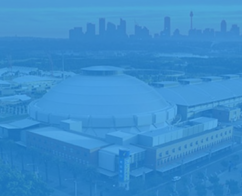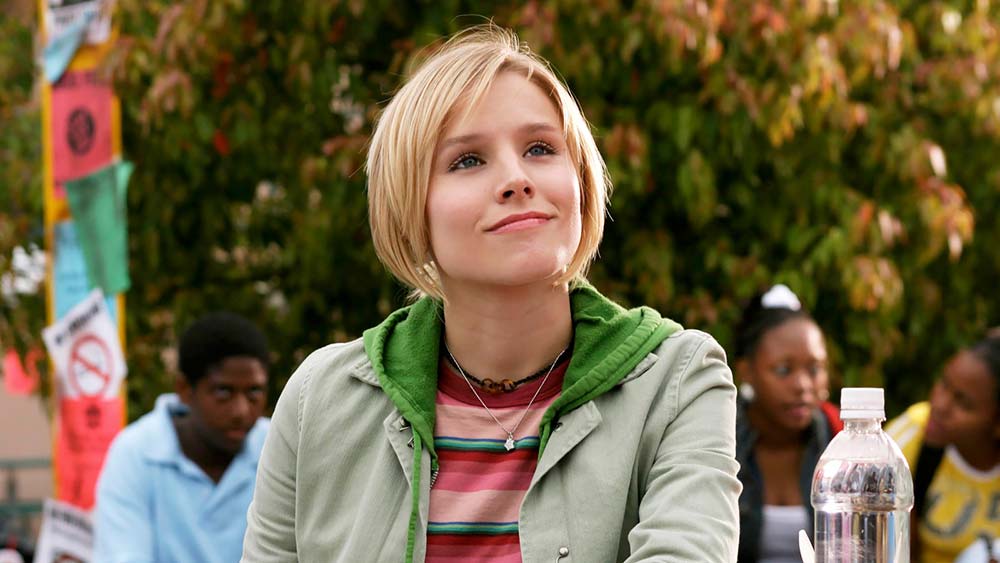
Sydney
June 21-22, 2025
Sydney Showground Olympic Park



2018 is the year of the reboot. From Buffy to Lost in Space to Duck Tales, it seems like all our favourite pop culture classics are making a sudden appearance on screens once again. One of latest to be announced is Veronica Mars, with Kristen Bell set to return to the titular role alongside original writer, Rob Thomas, while Charmed and Sabrina are being rebooted this month.
Veronica Mars’ revival is one that has been a long time coming. After the cult hit got cancelled at the end of its third season, fans became so desperate for a real send off for Veronica and the rest of her Neptune High classmates that they even crowdfunded a feature film for the show back in 2014. However, the film received a mixed reception from fans and reviewers alike, and overall did little to satisfy audience hunger for a proper comeback.
So, with the slate wiped clean and a second attempt officially confirmed, will Thomas and the original cast be able to master the art of the reboot? And more to the question teased in the headline, what exactly does a successful reboot involve?
We have a few ideas below.
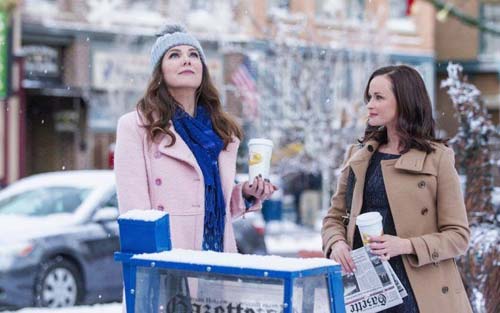 How many times have we watched a series finale, only to ask, when the credits roll around, what exactly did we just watch? Often last episodes, and last seasons in general, can destroy all the hard work the previous seasons have done.
How many times have we watched a series finale, only to ask, when the credits roll around, what exactly did we just watch? Often last episodes, and last seasons in general, can destroy all the hard work the previous seasons have done.
Luckily, a smart reboot takes this in mind and forgets about the bad in favour of the good.
Successful reboots such as Gilmore Girls: A Year In The Life and 2017’s Will and Grace are based on un-jumping the shark and taking the show back to what made it great. Whether this means finally uttering the show’s final four words after 10+ years of suspense, or just straight up telling the audience that the last episode was all a dream, a good reboot knows when to let bygones be bygones.
Prequels are popular, and for good reason. Everyone gets a thrill out of seeing their favourite characters back before they got to be the superhero (or even the villain) they are today.
A good prequel can really flesh out the traits of a character and give backstory in a way that a normal series or 90-minute film rarely can. Well-thought-out prequels can also be full of Easter eggs and homages to the original, while also standing alone as their own entertaining smash hit.
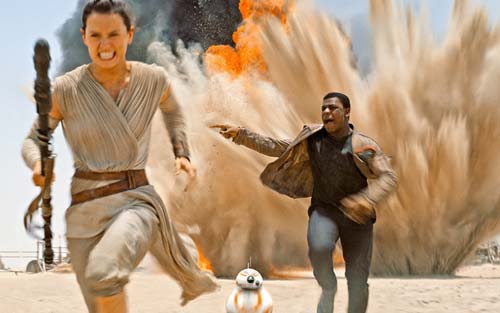 A good TV show or film franchise should be binge-able. It should feel as if we can never get enough of it. But it also turns out that, sometimes, less is indeed more.
A good TV show or film franchise should be binge-able. It should feel as if we can never get enough of it. But it also turns out that, sometimes, less is indeed more.
A problem a lot of franchises make is in immediately reviving a show the minute it is finished and is probably the real reason why so many spin-off series fall flat on their faces.
“Leave them wanting more” is an adage that rings true in many circumstances, but it’s especially the case for TV and film. After all, even Star Wars waited 10 years between the prequel series and the sequel trilogy to give audiences what they wanted.
Nothing is more powerful than nostalgia to make us long to revisit those worlds, and good pop culture should be able to survive on its own without the help of constant reboots to remind an audience.
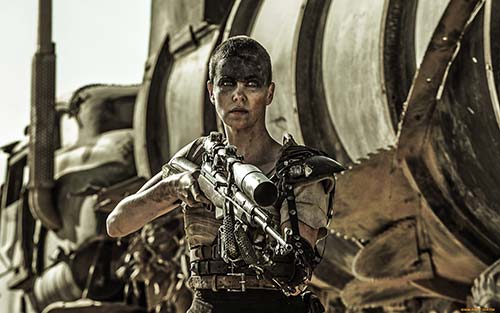 Sometimes pop culture stays in the past because it belongs there. The audience and their attitudes change. It’s pretty unlikely we’ll see an I Dream Of Jeannie remake any time soon.
Sometimes pop culture stays in the past because it belongs there. The audience and their attitudes change. It’s pretty unlikely we’ll see an I Dream Of Jeannie remake any time soon.
Similarly, good reboots focus on bringing new and creative twists to a beloved work in order to make it relevant for a contemporary audience. While it can often be a dangerous line to walk, reboots that recast or reimagine characters to make them more inclusive to today’s audience can often reinvigorate a forgotten love for the series or help create new fans all together.
Don’t believe us? Just look at the success of Mad Max: Fury Road, which is not only praised for its stellar cinematography, but also for successfully reigniting the Mad Max franchise.
 “If it ain’t broke, don’t fix it.” And when the original is golden, why try and grunge it up?
“If it ain’t broke, don’t fix it.” And when the original is golden, why try and grunge it up?
Fans have often waited years, even decades, to see their favourites come back to the screen, which means that more often than not, the best reboot is one which ends up staying loyal to the original premise and characters. Remakes that go nonsensically dark (like Maleficent or 2015’s Fantastic 4) usually come at the cost of light-hearted nostalgia, and risk griming up the original characters beyond recognition.
That’s not to say there isn’t a place for reinterpretation or making something “darker” (just look at how superhero movies have changed), but knowing one’s roots is critical to a winning reboot.
